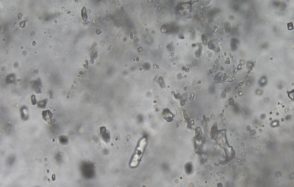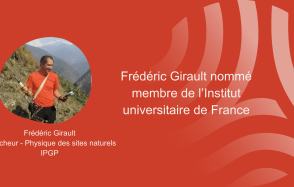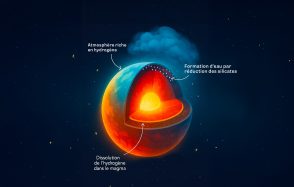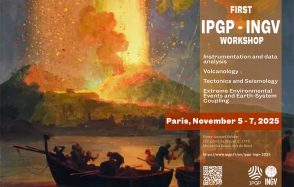New session of IPGP’s Physical Volcanology MOOC
Following the success of the 2015 and 2017 sessions of the "Physical Volcanology" MOOC, and in these times of confinement, the IPGP is offering you the chance to enrich your knowledge of volcanology by opening a third session of this course from April 29 on the FUN platform.

Publication date: 20/04/2020
Education, General public, Press, Research
Related themes : Natural Hazards








